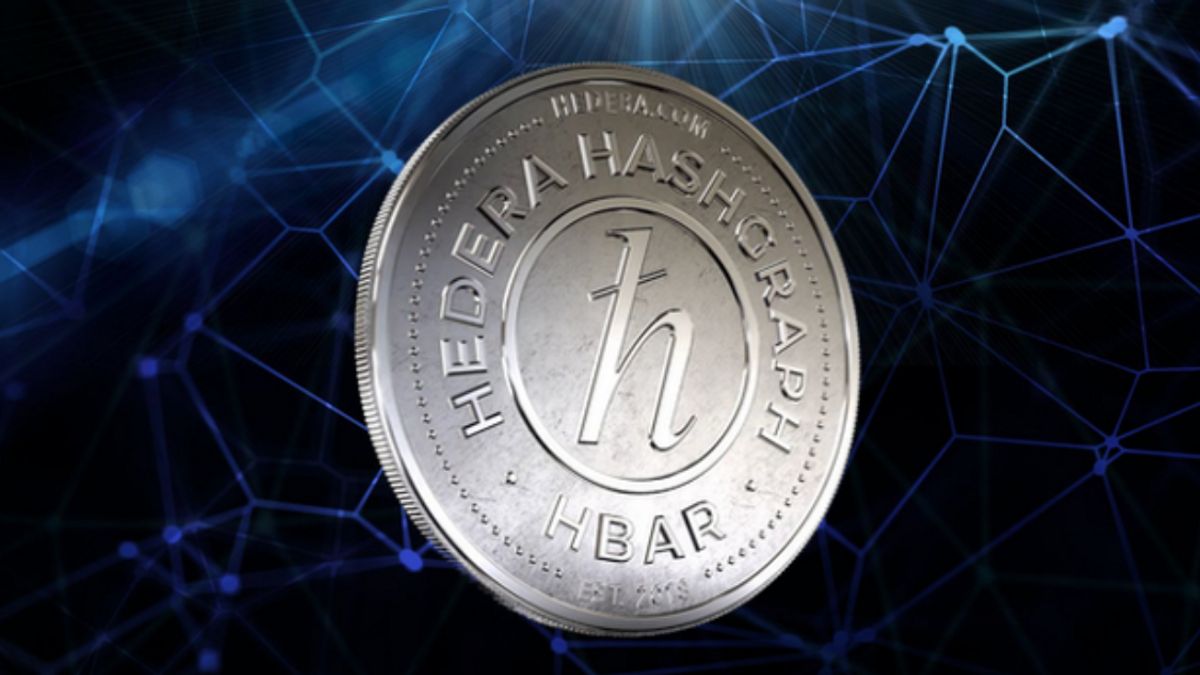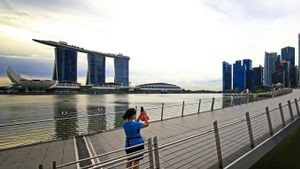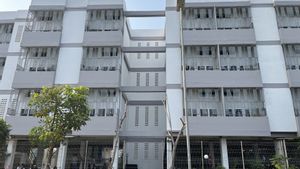JAKARTA - In the face of the fact that the Asia-Pacific region is responsible for more than half of the world's CO2 emissions, calls for local carbon recording are increasingly pressing. In response to these challenges, Carbonbase has teamed up with the HBAR Foundation and ImpactX to launch the Global Climate Registry (GCR). This digital platform aims to change the way carbon credit tracking and emission reductions are carried out.
GCR builds on the Hedera Hashgraph network to ensure a higher level of transparency. The platform also provides small and medium scale developers with the opportunity to stand out, and provides clear understanding to company buyers about their carbon credit investment.
Max Song, the figure behind Carbonbase, expressed his joy regarding this initiative. "By combining Hedera's network strength and ImpactX's innovative approach, we are entering a new era in the carbon market," Song said. This collaboration is considered a first step that has the potential to produce transformative changes in the field of environmental technology.
اقرأ أيضا:
GCR Adopts IEEE Standard
GCR also adheres to the standards of the Institute of Electrical and Electronics Engineers (IEEE) which have a high reputation. The existence of this standard provides confidence in climate impact reporting, which is an important factor in today's era that really cares about the environment. IEEE's Kulkarni Kartik gives appreciation for this collaborative effort and is aware of its potential in supporting climate initiatives that are efficient and have a big impact.
Wes Geisenberger of the HBAR Foundation highlights the uniqueness of the GCR proposition. "Imagine a world where our planet's record can be accessed by the public and transparent. This is a revolution promoted by GCR," he said. Furthermore, Karen Robbins of ImpactX emphasized the importance of a smooth digital experience for developers and carbon credit buyers.
The launch of the Global Climate Registry (GCR) not only reflects technical achievements, but also describes a more sustainable future. With this database, the Asia-Pacific region has a stronger position in leading international efforts to tackle climate change significantly.
The English, Chinese, Japanese, Arabic, and French versions are automatically generated by the AI. So there may still be inaccuracies in translating, please always see Indonesian as our main language. (system supported by DigitalSiber.id)
















